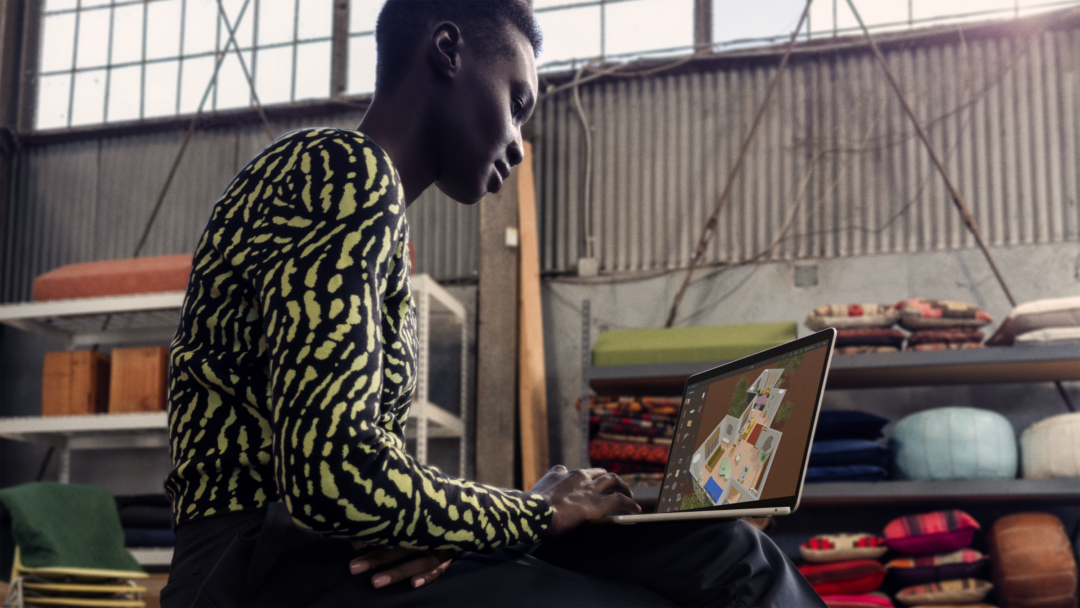It’s been many years since I first tested and was captivated by the first version of the MacBook Air. It was 2008 when Steve Jobs pulled the sleek machine out of a light brown envelope and in a split second changed the perception of what a laptop could look like. Although Apple had made compromises on performance, there was no denying the slim design and the machine became an instant hit.
But a lot has changed since 2008 and the slim design is no longer enough to attract buyers. A computer also needs to be fast, powerful and have a long battery life. Fortunately, Apple has adapted with the times and when they equipped the outdated MacBook Air with their new M1 chip back in 2020, it made magic. The little machine had a true revival and an unreserved recommendation for anyone looking for a rugged and powerful travelling companion. On the test bench is the brand new MacBook Air 13″ with M3 chip. It’s time to see if Apple’s cheapest and lightest machine still deserves an unreserved recommendation.
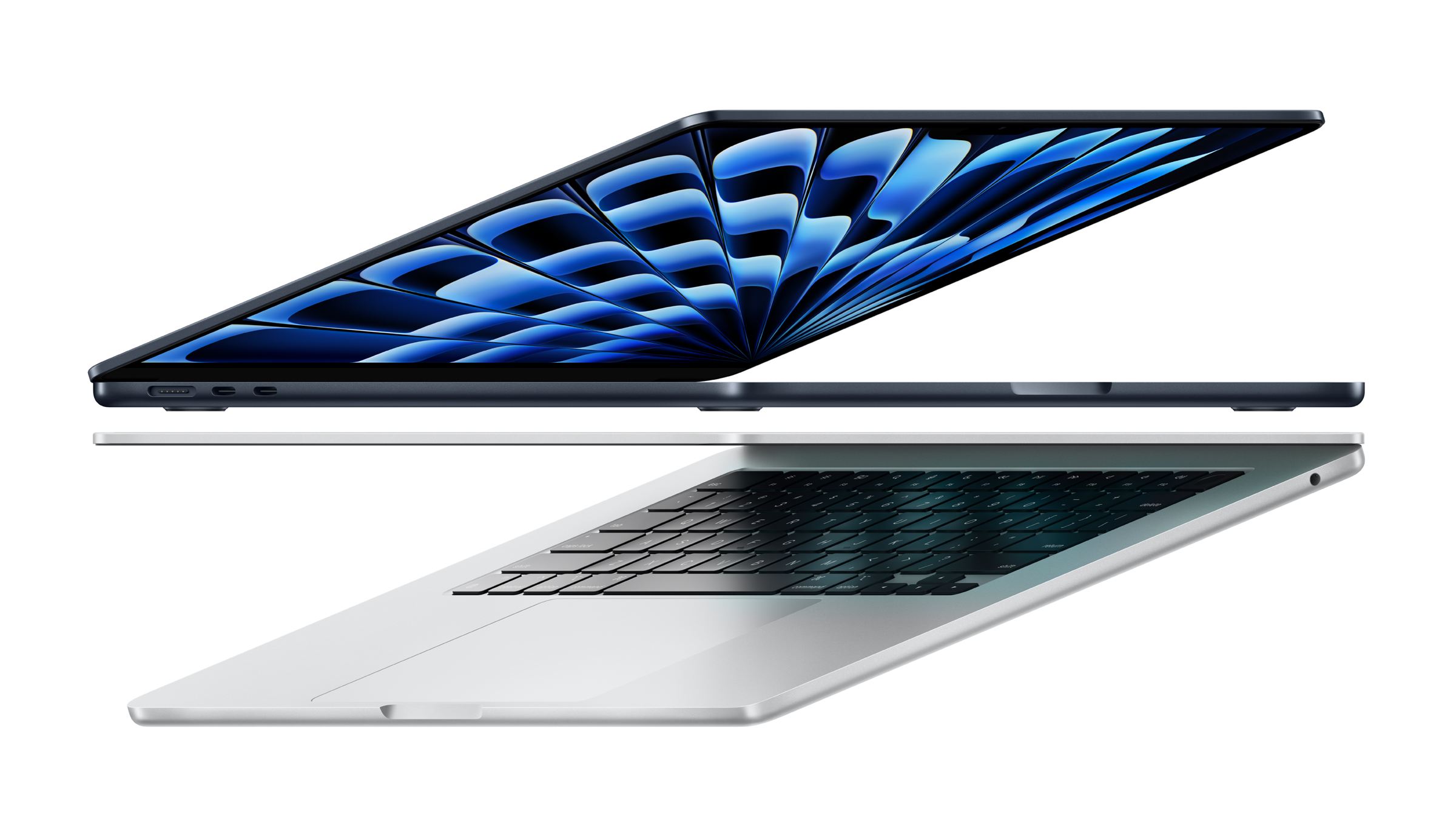
Looks exactly the same
On the surface, the machine looks similar to the MacBook Air M2 from 2022/23, where Apple updated and streamlined the design to give the Air the same look as the Pro series. In other words, we get the familiar flat design in recycled aluminium, MagSafe 3 for charging, two Thunderbolt USB 4 ports, and Liquid Retina display with 1080p FaceTime camera in the built-in notch at the top. The latter takes some getting used to, and it would have been nice if Apple had increased the screen refresh rate from 60 to 120 Hz. I would also have liked to see a few more ports on the right side of the machine, which only has room for a Minijack port. The fact that the headphone output is still there is commendable, as some competitors have started to remove it.
Inside, a little more has been done, although we are talking about small details, except for the main attraction – the M3 chip. The machine is equipped with Wi-Fi 6E instead of 6 and now supports two external monitors instead of just one. Oh yeah, one last thing… the Midnight colour has a new coating to make it less susceptible to greasy fingerprints. I think that’s about it.
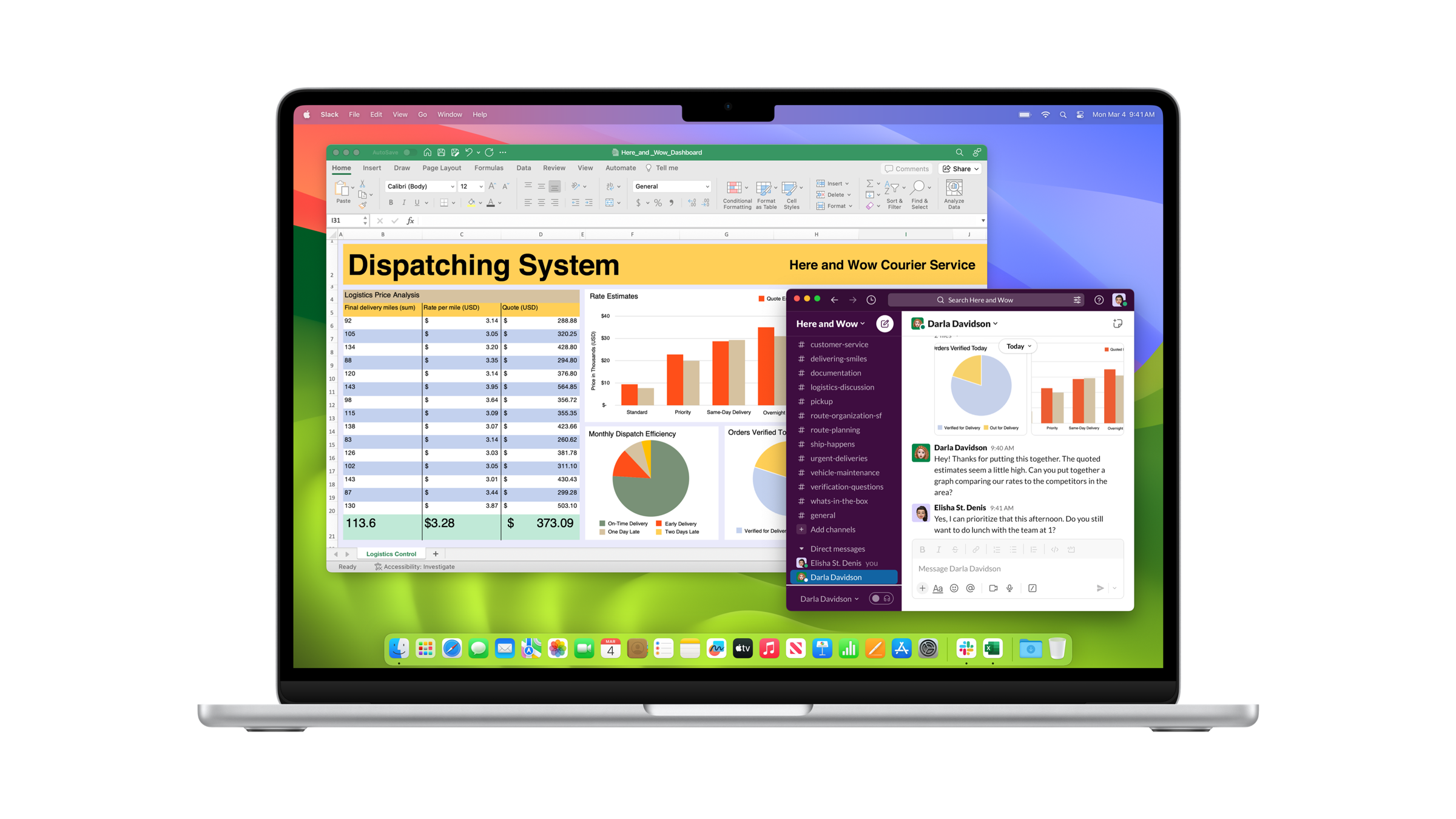
Go for the top model
As has become standard practice at Apple and several other manufacturers, they operate with “from prices” when pricing their products. In short, this means that there is a standard configuration that also serves as the primary price point in marketing. Unfortunately, the standard configuration of the MacBook Air M3 is not recommended. You only get 256 gigabytes of storage and 8 gigabytes of RAM. That’s simply too little for 2024.
The latter is especially important if you have a lot of apps or tabs open at the same time, and there’s nothing more annoying than a computer that starts to lag because it can’t keep up. In this case, that means a price difference of €450 for the 13-inch model I tested. That’s a lot for 256 gigabytes of extra storage and 8 gigabytes of RAM and something I’d like to see Apple address
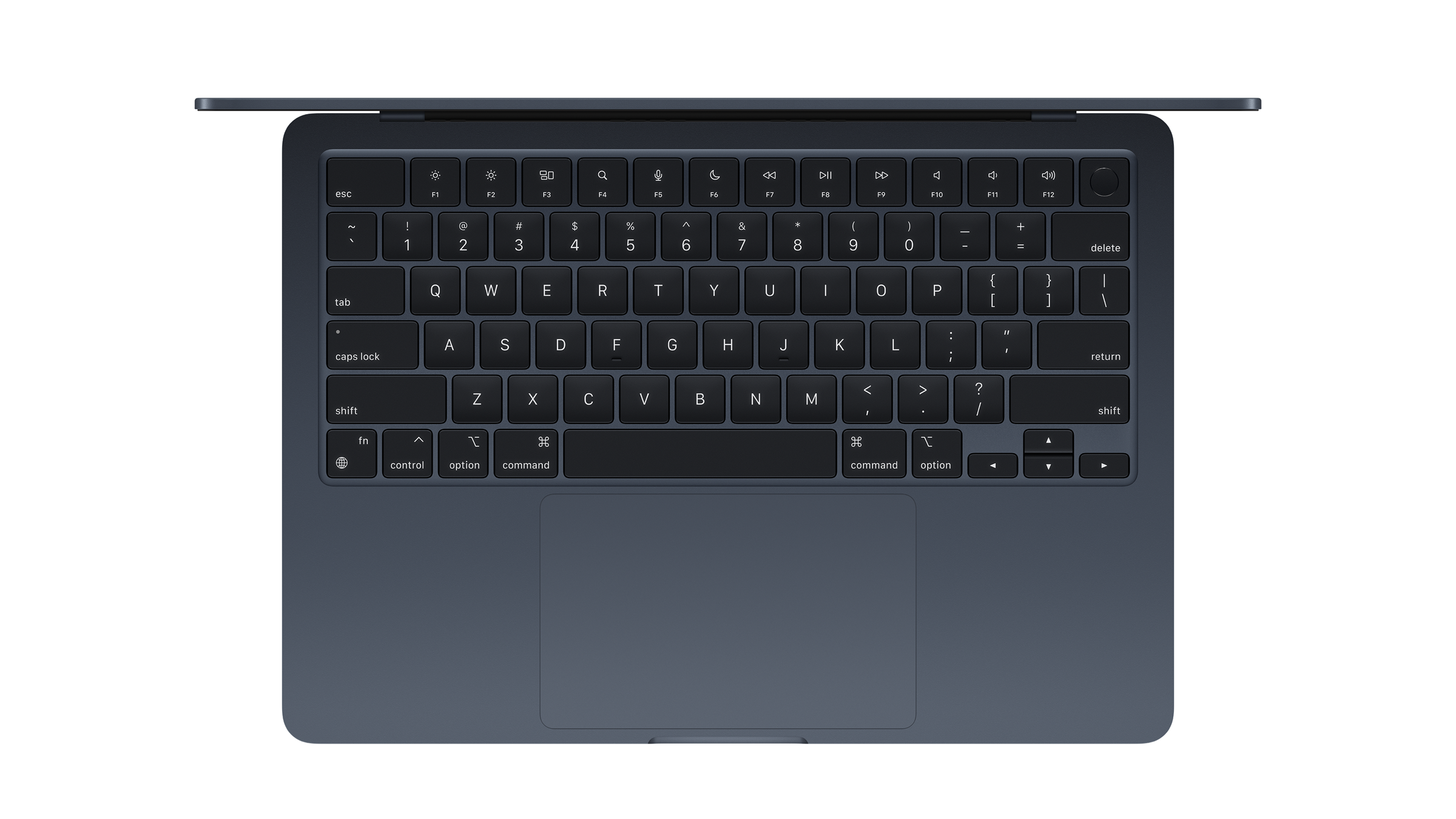
Excellent performance
That said, if you choose the 16 GB model like I did, you get a fast computer that can go toe-to-toe with a larger and more expensive MacBook Pro, which has been my favourite work tool since 2015. Thanks to the fast M3 chip in particular, the MacBook Air M3 easily handles the most common graphics tasks, word processing, image editing, video rendering and viewing video in 8K format.
Apple themselves claim that their new MacBook Air M3 is up to 60% faster than the MacBook Air with M1 chip. Here it would have been more relevant to compare with their M2 chip, so I’ve taken a look at the benchmark results from our test of the M2 chip. Although the differences are noticeable, they are not as drastic as in the comparison with the MacBook Air M1. For example, Cinebench R23 (single-core) is only 19 per cent better. Basemark GPU and Web 30 also score slightly higher on the new M3 processor, although the difference is only 14 and 28 per cent respectively.
The last thing worth looking at is battery life. Apple itself claims that the new MacBook Air M3 can hold power for up to 18 hours. Of course, this depends on what you use it for and how much light the screen needs to emit. To the best of my knowledge, their estimate is pretty accurate. I’ve easily been able to use the machine for entire days without having to reach for the included charger.
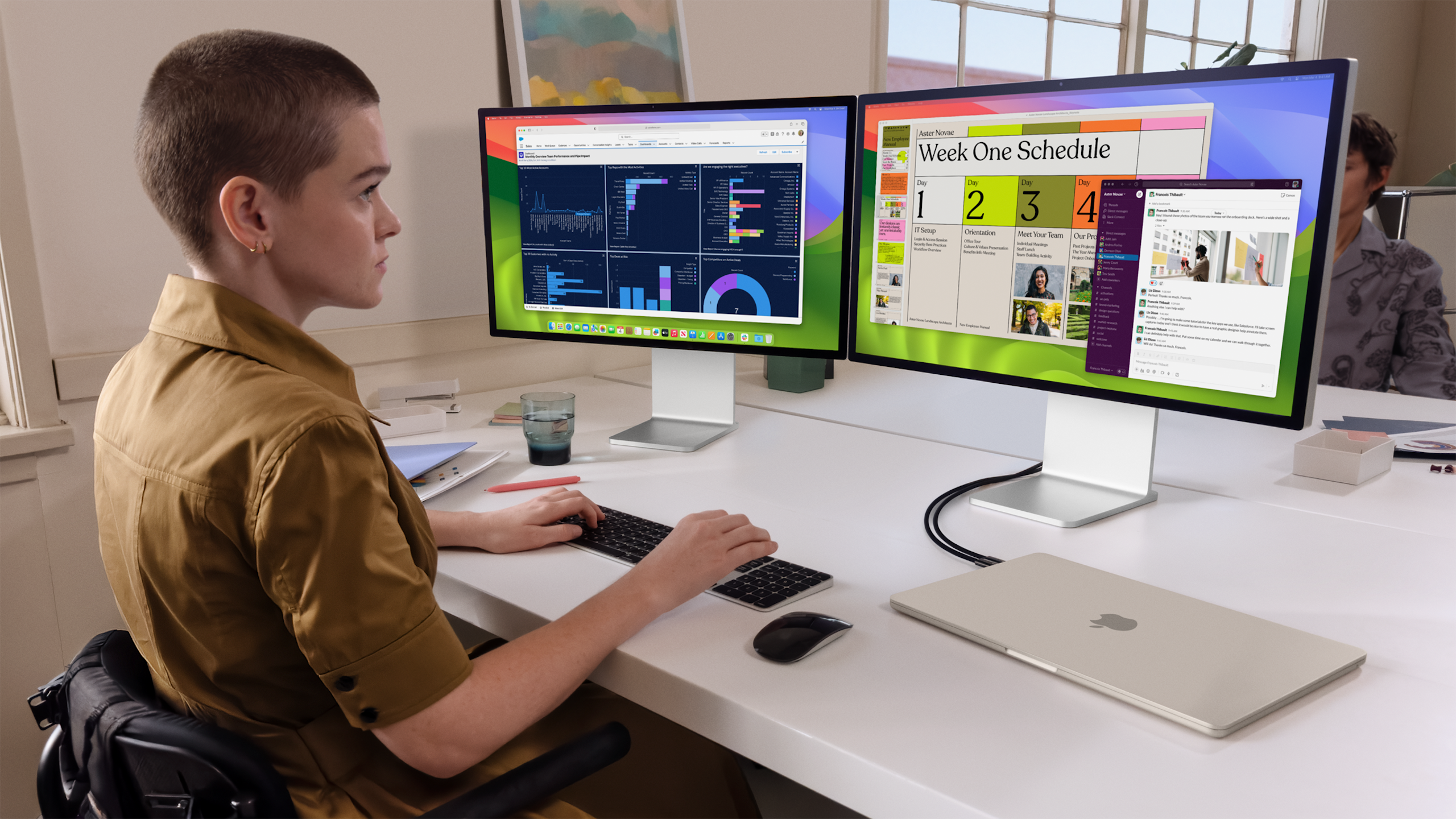
Conclusion
There are few real improvements in the new MacBook Air M3, but at the end of the day, it’s still one of the coolest and most travel-friendly laptops on the market. It’s lightning fast, has excellent battery life and doesn’t take up much space in your backpack. However, I wish Apple would drop the low price point and equip the base model with 16GB of RAM so we could avoid the idea that it’s cheaper than it really is. If you want a travel-friendly laptop that can handle most tasks, the MacBook Air M3 is still a no brainer – unless you’re on Team Windows, this is not the laptop you’re looking for.

We think
Lightning fast, good battery life, good speakers, no fan Base version is too weak, a modest upgrade
1809 €
Specifications
- Processor: Apple M3 8-Core CPU
- Display: 13.6″ (2560 x 1664 pixels), Liquid Retina display, 500 nits
- Memory: 16 GB Unified memory
- Storage: 512 GB SSD
- Graphics: Apple 10-core GPU
- Operating system: Apple macOS Sonoma 14.4
- Connections: Wi-Fi 6E (802.11ax); Bluetooth 5.3, Two Thunderbolt/USB 4 ports, MagSafe 3 charging port
- HD webcam: 1080p FaceTime HD camera
- Dimensions and weight (WxHxD): 30.41 x 1.13 x 21.5 cm / 1.24 kg
- Web: Apple.com
Benchmarks
- Geekbench 6: 3.023 (single-core), 11.902 (multi-core)
- Geekbench 6 GPU Benchmark: 30.635 OpenCL Score
- Cinebench R23: 1.896 (single-core), 7.663 (multi-core)
- Cinebench 2024: 141 pts (single-core), 519 pts (multi-core)
- GFXBench 5.0.6 T-Rex: 3.363,2 frames
- Basemark GPU: 2.919
- Basemark Web 3.0: 1.961,06
